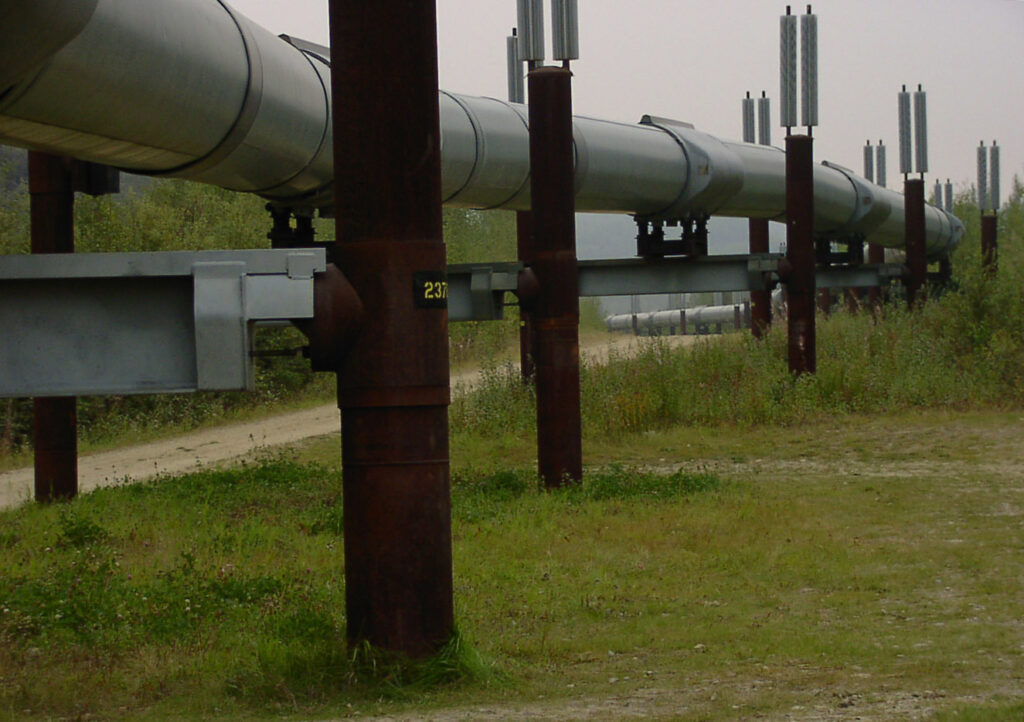The U.S. House of Representatives is considering a resolution, the North American-Made Energy Security Act, that would require the Obama administration to decide by Nov. 1 whether to approve the expansion of a TransCanada oil pipeline to the United States. Supporters of the bill say the State Department has had enough time to examine the proposal and should act now to ensure U.S. access to surplus Canadian oil.
TransCanada applied for a permit with the State Department in September 2008, but no final decision has been made.
Enhancing Energy Security
The pipeline would carry crude oil, derived from Canada’s oil sands, from Edmonton, Alberta to refineries in Texas, traversing Montana, South Dakota, Nebraska, and Oklahoma. The bill’s sponsor, Rep. Lee Terry (R-NE), says the pipeline would bring hundreds of thousands of barrels of oil per day to U.S. refineries and help lower gasoline prices.
The bill would not loosen U.S. environmental review standards; it would simply set a Nov. 1 deadline for the Obama administration to decide on the pipeline.
Pipeline opponents say the project threatens key water resources and encourages Canada to engage in environmentally destructive energy production. Supporters point out the pipeline would ensure U.S. access to oil supplies from a stable, local source, and that a study commissioned by the U.S. Department of Energy determined “production levels of oil sands crudes would not be affected by whether or not [the pipeline expansion] was built.”
Decision Rests with State Department
The decision lies with the State Department because the pipeline crosses international borders. The U.S. Environmental Protection Agency has raised objections to the project, saying the State Department’s preliminary environmental analysis is “insufficient.”
Canada’s oil sands hold approximately 170 billion barrels of oil. By comparison, Saudi Arabia has about 260 billion barrels of oil reserves.
The State Department concluded failure to build the pipeline, known as Keystone XL, would cause Canadian oil to be diverted to other markets, notably China. A subsidiary of the China National Oil Company has already offered to pay $2.1 billion to buy Canadian oil sands producer OPTI Canada Inc. of Calgary.
Should China or U.S. Benefit?
“We can either approve the Keystone XL pipeline and benefit from the highly secure oil that Canada can send to us, or we can let our friends to the north sell their oil to other customers,” said Rayola Dougher, a senior economic advisor at the American Petroleum Institute. “The demand for oil is rising, and there are plenty of nations around the world that would love to have access to Canada’s oil-sands-derived oil, including China.
“[Canada] selling the oil to other countries won’t have any environmental benefits, and it won’t create the thousands of high-paying U.S. jobs that would result from the pipeline’s construction,” Dougher added.
Jack Rafuse agrees. He’s a former White House energy adviser and current principal of the Rafuse Organization. “Canada is more secure than virtually any alternative [source of oil],” Rafuse explained. “Whatever their reasoning, our elected and appointed officials will be harming U.S. interests by blocking the pipeline to the United States.”
Tom Tanton ([email protected]) is principal of T2 & Associates, a California-based energy technology and policy consulting group.





